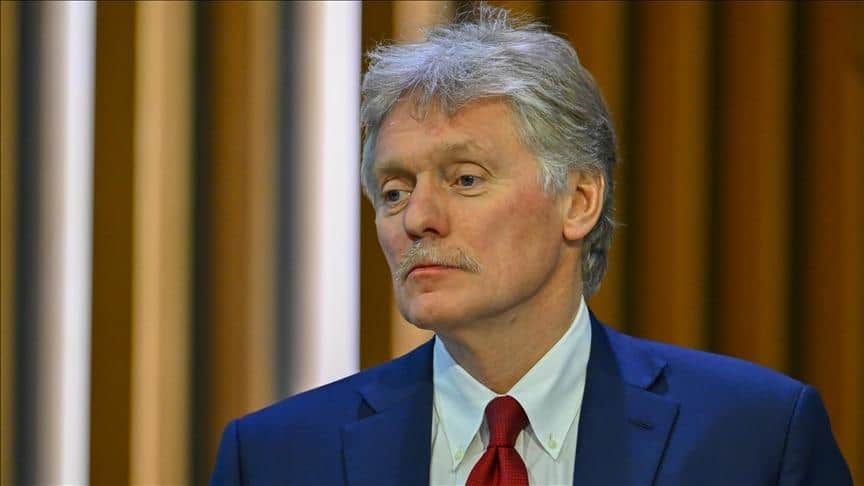- Joined
- Jun 18, 2018
- Messages
- 81,679
- Reaction score
- 86,696
- Gender
- Male
- Political Leaning
- Progressive
Rubio Takes on Tricky Task of Drafting Security Guarantees for Ukraine
“We can’t end the war without talking to Mr. Putin,” he said in congressional testimony in May, during which he declined to repeat his accusation that the Russian president is a war criminal. “War crimes have been committed, no doubt,” he said. “And who is responsible for that? There will be a time and place for that accountability. But right now, the job is to end the war.”
During their meetings with Mr. Trump, European leaders have been seeking “Article 5-like” protections for Ukraine, a reference to the commitment in NATO’s charter that an attack on one member is considered an attack on all of them. Such a commitment could mean that if European allies send troops to Ukraine and are attacked, then the U.S. would send troops as well, a move Mr. Trump has ruled out. European leaders will also be particularly attuned to the Russian strategy of slowing down negotiations while trying to improve its negotiating position on the battlefield. Ms. Fix said European leaders would remember Russia employing the tactic during the Minsk negotiations in 2014 and 2015 over clashes in eastern Ukraine following Mr. Putin’s annexation of Crimea.
Whatever deal is struck, European leaders would have to sell it at home as well. Mr. Trump suggested this week on Fox News that France, Germany and Britain were prepared to put “boots on the ground” as part of a security guarantee. But residents in those countries have concerns about sending soldiers to die in a foreign land, much as Americans do. “Even if Europeans say we are ready to do that, I would expect that for some countries, it might actually not be that easy, especially if Trump’s security guarantees, or whatever Rubio proposes, is not as strong as Europeans would like to see it,” Ms. Fix said.
Link
Rubio says we have to get support for it from the country that has violated it in the past and we are to expect enforcement from countries, like ourselves, that have failed to implement it before.
Seems like we're going around in circles. What am I missing here?

